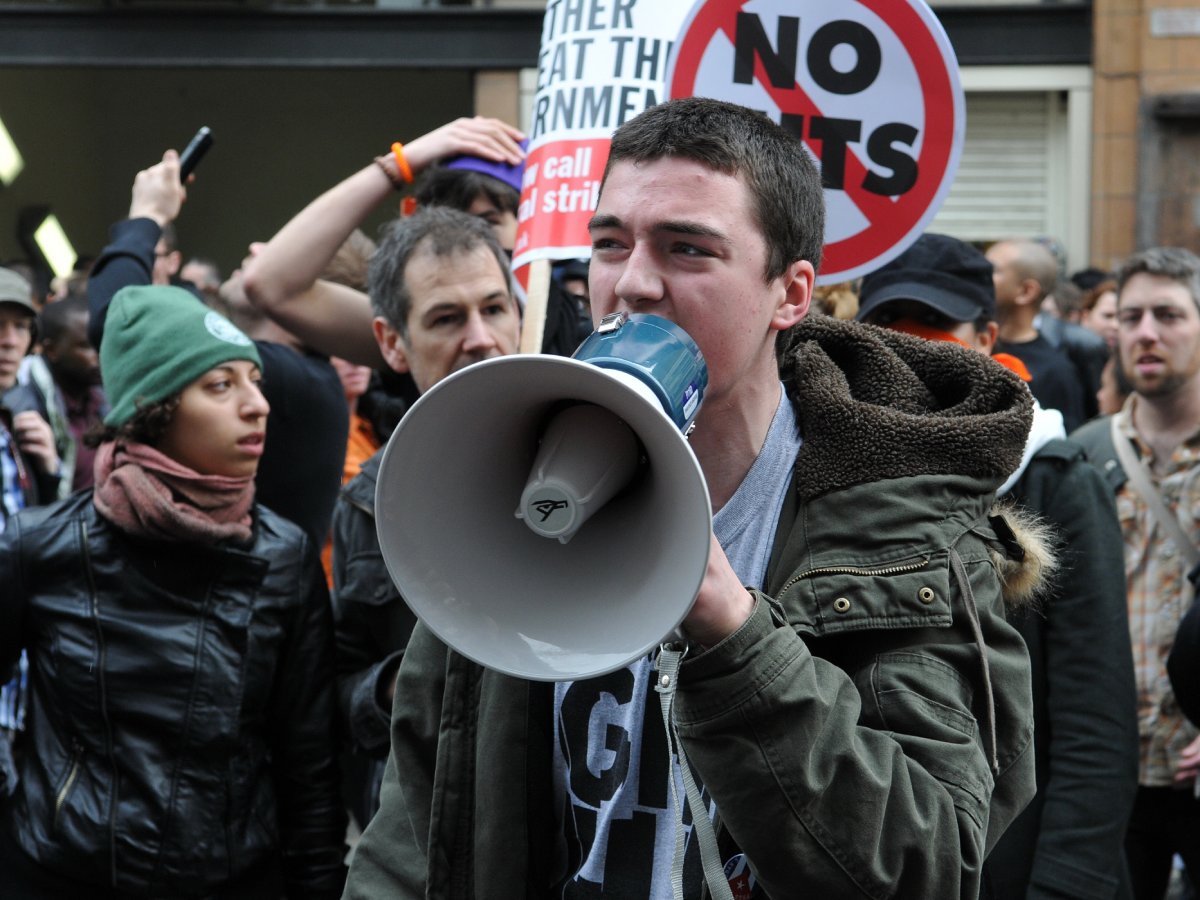Sunday service attendance is dwindling, but a new form of devotion is emerging.
Activism as the New Worship

Activism is taking the place of traditional worship for many, particularly among younger generations.
According to the Pew Research Center, only 28% of millennials attend religious services weekly, while a growing number are engaging in social justice causes.
A Shift in Values

This shift reflects broader changes in values. Many young people prioritize social justice, environmental issues, and equality over traditional religious practices.
A study by Springtide Research Institute found that 60% of young people say that helping others in need is an essential part of their spirituality, even if they don’t attend church.
Churches Embracing Activism

Some religious communities are adapting by integrating activism into their practices. Faith-based organizations are increasingly involved in social justice work, from climate activism to racial equality.
The Faith in Public Life network exemplifies this trend, working to mobilize religious voters around social justice issues.
Digital Congregations

With the rise of social media, digital activism has become a form of community engagement.
Online platforms are the new congregations where people rally for causes, share information, and organize protests.
This digital shift allows for a broader reach and more inclusive participation, as noted by the Center for Media and Social Impact.
The Intersection of Faith and Activism

For many, activism and faith are not mutually exclusive. Religious teachings often inspire activism, with figures like Dr. Martin Luther King Jr. exemplifying the fusion of faith and social justice.
A New Kind of Sunday Service

Instead of gathering in a church, modern worship can look like a protest march, a community cleanup, or a social media campaign.
These activities provide a sense of purpose and community akin to traditional religious services. The Harvard Divinity School has noted that these forms of engagement fulfill similar psychological and social needs.
Challenges and Criticisms

While this shift is celebrated by many, it also faces criticism. Some argue that activism lacks the spiritual depth of traditional worship and that the two should not be conflated.
Others worry about the potential for burnout and the need for spiritual grounding in activism. The American Psychological Association warns of the mental health risks associated with high-stress activism.
The Future of Faith and Activism

As society continues to evolve, the lines between faith and activism may blur further. Religious institutions that adapt to these changes and embrace social justice may thrive, while those that resist may continue to see declining attendance. The future likely holds a more integrated approach, where activism is seen as a natural expression of one’s faith.
Featured Image Credit: Shutterstock / 1000 Words.
For transparency, this content was partly developed with AI assistance and carefully curated by an experienced editor to be informative and ensure accuracy.





